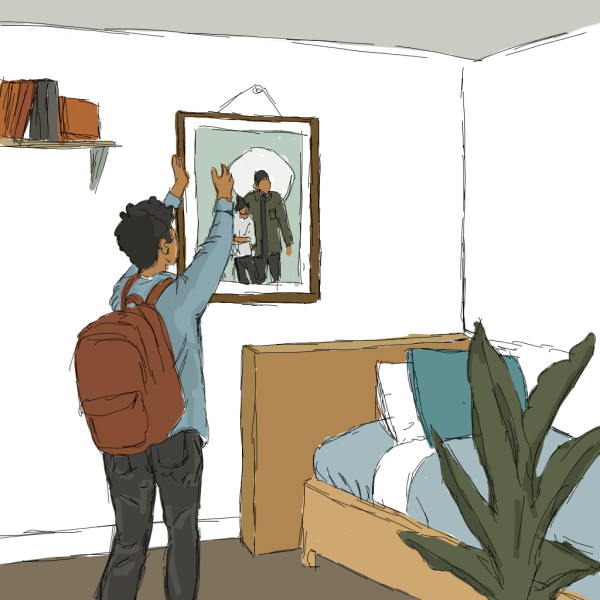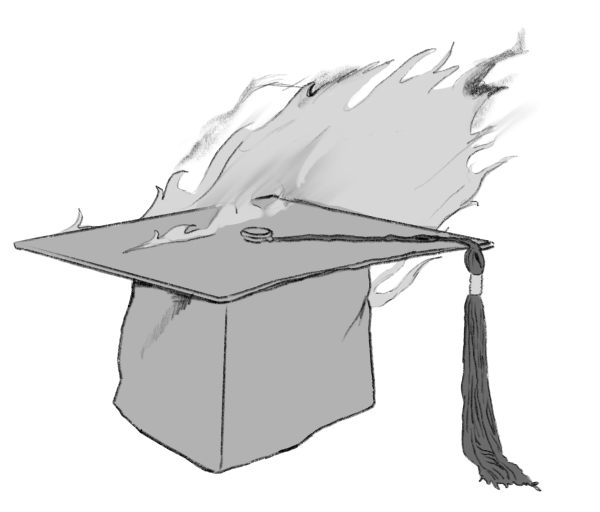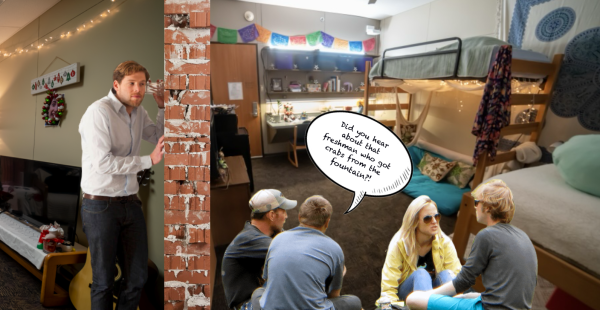Trinity needs to bridge departmental gaps
This semester I switched my major from computer science to political science, and therefore my classes and the people in them have been very different. That much I expected, and the changes in the conversations I have with my classmates and the type of work I do have been positive for me.
With that said, there was an aspect of changing majors I did not account for. Over the past three semesters, I gained a sense of familiarity with the people I saw every day and the various spaces I occupied, primarily in the Center for the Sciences and Innovation (CSI). Now, I don’t see the same people around often, nor do I ever really go to CSI, which has been a bit jarring. Concurrently, it’s given me cause to think critically about how cross-departmental communication could be better facilitated at Trinity.
We are in an unprecedented age in human history where technology has changed people’s fundamental ways of life and there is no aspect of life untouched by it. This rise in technology means that the importance of professionals in science, technology, engineering and math (STEM) fields is probably greater than it ever has been.
Therefore, it is critical that people in STEM collaborate with people in humanities, both in their education and throughout their careers. By bearing such a significant societal burden, their familiarity with the sociological implications of their decisions is hindered. Additionally, the work of people in humanities would be significantly improved by them communicating more with the people driving technological change.
Alongside the individual benefits of a well-rounded education and social network, this makes cross-departmental communication and collaboration a major societal asset. This is why the separation of many departments’ classes at Trinity concerns me.
Most departments here either have their own buildings, own floors of buildings or hold classes in buildings with similar departments. This division is problematic because the physical distance between unrelated departments makes them less likely to interact.
Admittedly, Trinity’s small size somewhat mitigates this, especially with the pathways curriculum ensuring students take a broad range of courses. Still, people occasionally taking classes from other departments do not fix the root issue of human interaction between people in different departments not being facilitated on a day-to-day basis.
I think the easiest thing to do is remove the unnecessary separation. There’s merit to the consistency of location for departments’ classes, and I grant that classes likely to be taken together probably should not be on opposite ends of campus, but Trinity’s size presents a unique opportunity to host classes nearly anywhere.
Our campus being small means professors would not be as burdened by traveling to classes as they would be on a larger campus. Granted, professors may prefer their offices to be near their classes, so another option could be for offices to change by semester depending on where classes are.
It’s not as if this isn’t already happening for some departments. The philosophy department, for example, is all over campus this semester and even has offices in Marrs McLean Hall, which is a STEM building. Even certain STEM departments, such as chemistry, are branching out of CSI for many classes.
Unless a course requires specific infrastructure only available in certain buildings, I don’t see the need to hold it in a specific building. Abandoning this norm would allow classes to be held in rooms that can better accommodate them due to a wider selection and would better facilitate cross-departmental interaction.
I can personally say that I feel like my experiences interacting with people in vastly different departments have provided me with a sense of perspective I would not have otherwise. It has given me a personal understanding of the types of challenges people in STEM face, which I think will benefit me significantly in the years to come.
The world is complicated, and nobody can fully navigate it solely on their own expertise. A diversity of perspectives is important in every field and every walk of life, and I think it should be a priority for professors selecting class locations and for Trinity’s administration to create an environment where those perspectives collide as often as possible.
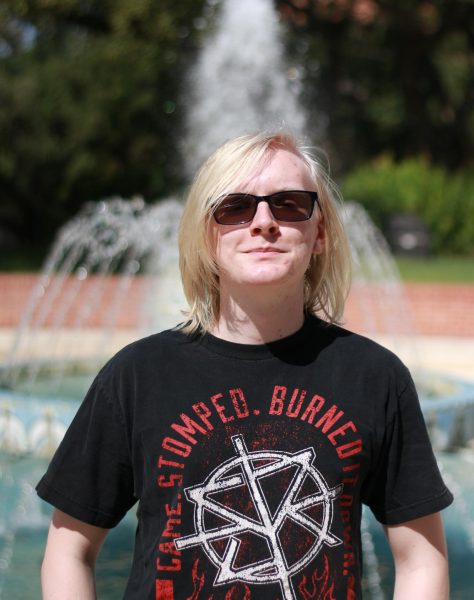
I’m Colin Houston (they/them), and I’m a junior political science major and an opinion columnist/copy editor for the Trinitonian. I’m also...
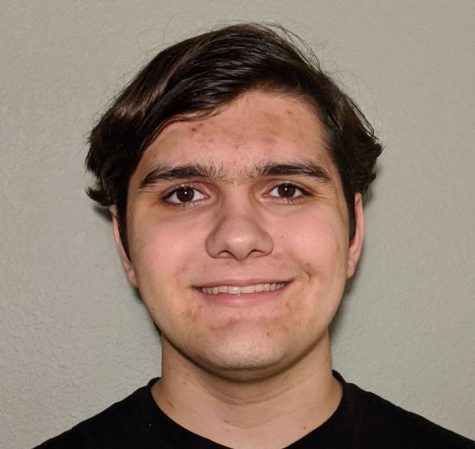
I'm Tony Rodriguez! I'm a junior from San Antonio, TX, majoring in math, and I worked as a copy editor for the Trinitonian about two years ago and am now...


